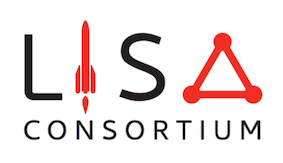Speaker
Description
LISA, the first space-based gravitational wave observatory designed for detecting gravitational waves in the mHz frequency range, is expected to operate in a regime where gravitational wave signals continuously dominate the instrumental noise. This poses a technical challenge of accurately quantifying and understanding the instrumental noise in the presence of gravitational waves, which is crucial for maximizing the scientific potential of the observatory and identifying possible stochastic gravitational wave backgrounds (SGWB). Despite current ongoing efforts to study this problem, existing approaches for SGWB detection with LISA have limitations in terms of noise or signal model assumptions.
In this study, we contribute to these efforts by investigating the impact of lacking accurate noise knowledge on parameter estimation for different models of gravitational wave cosmological and astrophysical stochastic backgrounds. We consider various signal models, including a power law for stellar-origin binary black holes, a Gaussian bump for primordial black hole generation, a power law with running for non-standard inflation, and a first-order phase transition for the production of sound waves in the cosmic fluid from colliding phase transition bubbles. We conduct analyses that incorporate prior uncertainties in the instrumental noise and we confirm our results by trying to reconstruct noise and signal in case of a power law signal.
Our findings provide insights for developing more robust and agnostic pipelines for SGWB detection with LISA. Overall, we aim to provide a comprehensive analysis that enhances our understanding of the challenges and opportunities in detecting SGWB with LISA and we give a critical analysis of the possibility to detect these types of sources with LISA

